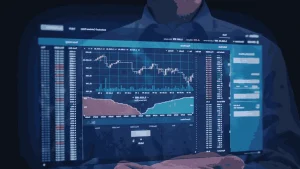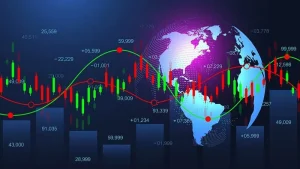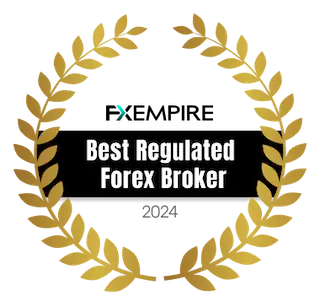Introduction:
The South African forex market offers unique opportunities for traders seeking to establish professional trading career. With the JSE being Africa’s largest stock exchange and the ZAR being one of the most traded emerging market currencies, local traders have distinct advantages in understanding regional market dynamics.Market Conditions in South Africa
Critical market factors:
- ZAR volatility patterns
- Local economic indicators
- Regional market influences
- Cross-border regulations
- Exchange control rules
- Trading hour advantages
- International market correlation

The South African trading environment presents specific characteristics that traders must understand. The ZAR’s sensitivity to commodity prices and emerging market sentiment creates unique trading opportunities. Local traders practicing living in fx benefit from understanding these regional market nuances.
South African traders must comply with FSCA regulations while managing their international trading activities. Understanding both local and international compliance requirements is essential for sustainable trading.
Regulatory Framework and Requirements
Table 1: Trading Account Classifications| Account Type | Min. Capital | Features |
| Standard | R50,000 | Basic access |
| Professional | R250,000 | Enhanced tools |
| Institutional | R1,000,000 | Premium service |
Capital Management for SA Traders
Essential financial considerations:- Currency conversion costs
- International transfer fees
- Local tax implications
- Emergency fund allocation
- Risk capital segregation
- Exchange rate impact
- Banking relationship management
| Portfolio Size | Daily Risk | Monthly Target |
| R100,000 | 1.5% | 8-12% |
| R500,000 | 1.0% | 6-10% |
| R1,000,000 | 0.75% | 5-8% |
Trading Strategy Adaptation
Local market considerations require:
- Adjustment for ZAR pairs
- Regional news impact analysis
- Commodity price correlation
- Political risk assessment
- Time zone management
- Liquidity monitoring
- Local market indicators
Professional Development Path
Success metrics include:
- Technical certification
- Local market expertise
- Risk management proficiency
- Portfolio diversification
- Trading plan development
FAQ
How does SARB regulation affect forex trading?
SARB regulations limit offshore investments but allow regulated forex trading through authorized dealers and brokers.
What's the best trading session for SA traders?
The European session (10:00-18:00 SAST) typically offers the best opportunities due to ZAR liquidity and market overlap.
Can I trade forex full-time in South Africa?
Yes, but you need to register as a financial services provider if managing others’ funds or maintain proper tax compliance for personal trading.
How much do successful SA traders make monthly?
Experienced traders typically aim for 5-15% monthly returns, though results vary significantly based on capital and strategy.
What unique challenges do SA traders face?
Primary challenges include currency volatility, exchange control regulations, and international transfer limitations.














